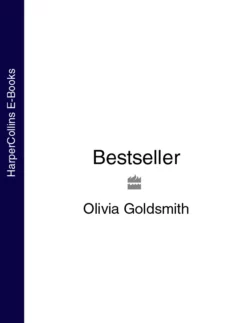Bestseller

Olivia Goldsmith
Тип: электронная книга
Жанр: Современная зарубежная литература
Язык: на английском языке
Стоимость: 542.29 ₽
Статус: В продаже
Издательство: HarperCollins
Дата публикации: 16.04.2024
Отзывы: Пока нет Добавить отзыв
О книге: From the inimitable Olivia Goldsmith, an outrageous comedy of manners and morals, set in the cut-throat world of international publishing.It′s autumn in New York, and in the anything but gentlemanly world of books, the knives are out as the new season′s list is launched. Stars and wannabes, hustlers and has-beens all scramble for the prizes, the profits and the prestige – not least at big-time publishing house Davis & Dash where success depends on a handful of authors:Behind the books and the writers, and the people who make and break them, is a world of passion, politics and intrigue. Who will survive in the race to the top?